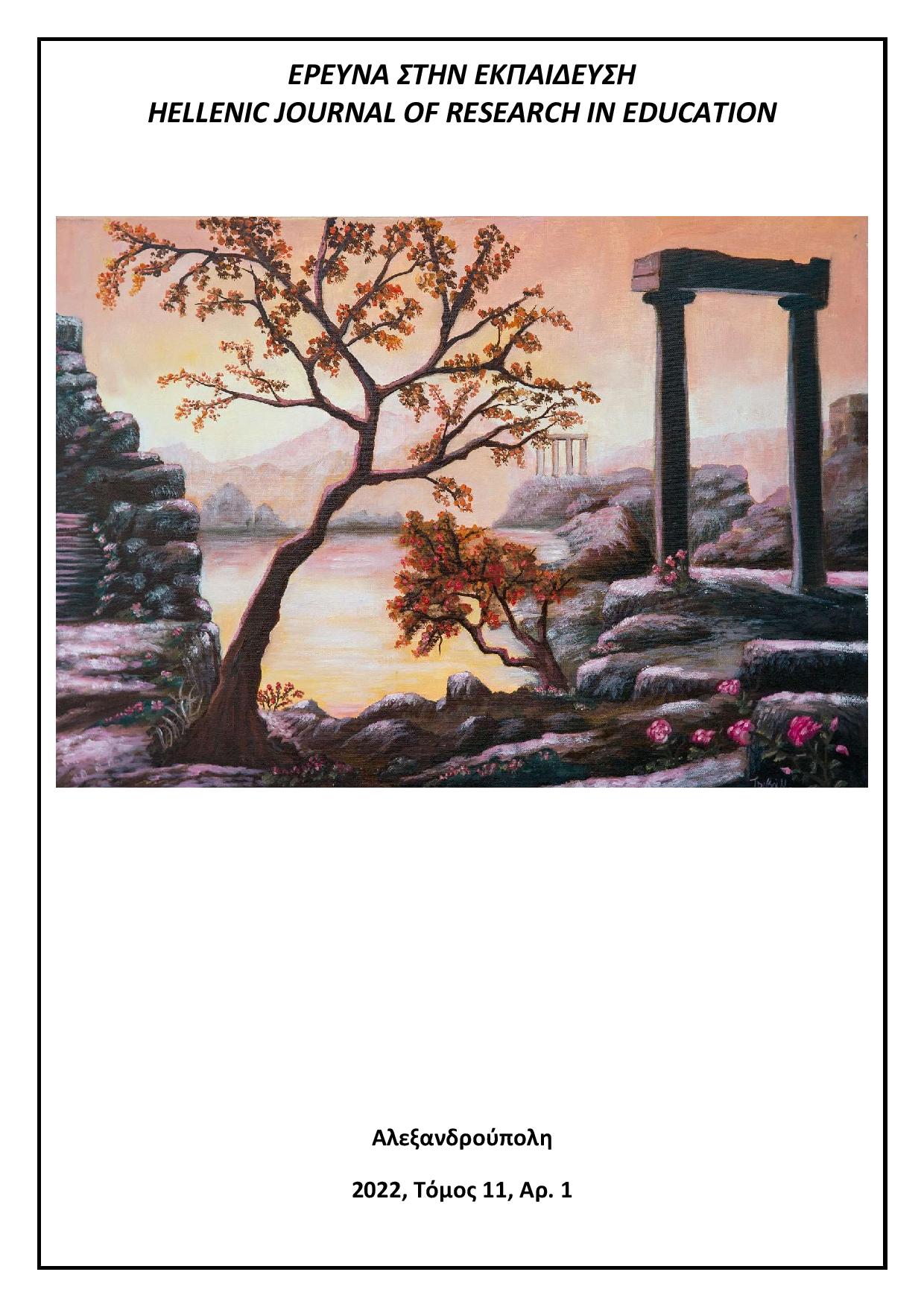Μετα-ανάλυση της σχέσης μεταξύ της αυτεπάρκειας των εκπαιδευτικών και της επαγγελματικής ικανοποίησης

Περίληψη
Η αυτεπάρκεια αποτελεί σημαντικό παράγοντα που συμβάλλει στην ενίσχυση της επαγγελματικής ικανοποίησης και γενικότερα, της ψυχικής υγείας των εκπαιδευτικών. Επομένως, σκοπός της παρούσας έρευνας είναι να διαπιστώσει τη γενικευσιμότητα και το μέγεθος της σχέσης της αυτεπάρκειας με την επαγγελματική ικανοποίηση των εκπαιδευτικών. 49 συντελεστές συσχέτισης συλλέχθηκαν από 45 εμπειρικές μελέτες (δείγμα Ν=28573 εκπαιδευτικοί) και μετα-αναλύθηκαν. Τα αποτελέσματα της μετα-ανάλυσης τυχαίων επιδράσεων έδειξαν πως η μέση συσχέτιση μεταξύ αυτεπάρκειας και επαγγελματικής ικανοποίησης είναι μέτρια (μ=.37) και στατιστικώς σημαντική. Επιπλέον, η ανάλυση πολλαπλής μετα-παλινδρόμησης επεσήμανε πως το μέγεθος αυτής της συσχέτισης διαφέρει ανάλογα με την περιοχή προέλευσης του δείγματος, ανάλογα με το είδος δημοσίευσης της μελέτης και την εκπαιδευτική βαθμίδα, ενώ το πλήθος των ερωτημάτων, το έτος δημοσίευσης και το είδος του ερωτηματολογίου δεν διαφοροποιούν το μέγεθος της συσχέτισης. Συνοπτικά, τα ευρήματα της παρούσας μετα-αναλύσης μπορούν να φανούν ιδιαίτερα χρήσιμα για τη κατανόηση της φύσης της σχέσης μεταξύ της αυτεπάρκειας και της επαγγελματικής ικανοποίησης των εκπαιδευτικών μεταξύ κρατών.
Λεπτομέρειες άρθρου
- Πώς να δημιουργήσετε Αναφορές
-
Κατσαντώνης Ι., & Κατσαντώνης Α. (2022). Μετα-ανάλυση της σχέσης μεταξύ της αυτεπάρκειας των εκπαιδευτικών και της επαγγελματικής ικανοποίησης . Έρευνα στην Εκπαίδευση, 11(1), 116–129. https://doi.org/10.12681/hjre.29123
- Τεύχος
- Τόμ. 11 Αρ. 1 (2022)
- Ενότητα
- Άρθρα

Αυτή η εργασία είναι αδειοδοτημένη υπό το CC Αναφορά Δημιουργού – Μη Εμπορική Χρήση – Παρόμοια Διανομή 4.0.
Τα πνευματικά δικαιώματα των άρθρων του περιοδικού ανήκουν στους συγγραφείς. Τα άρθρα διατίθενται με άδειες Creative Commons CC-BC-SA 4.0


